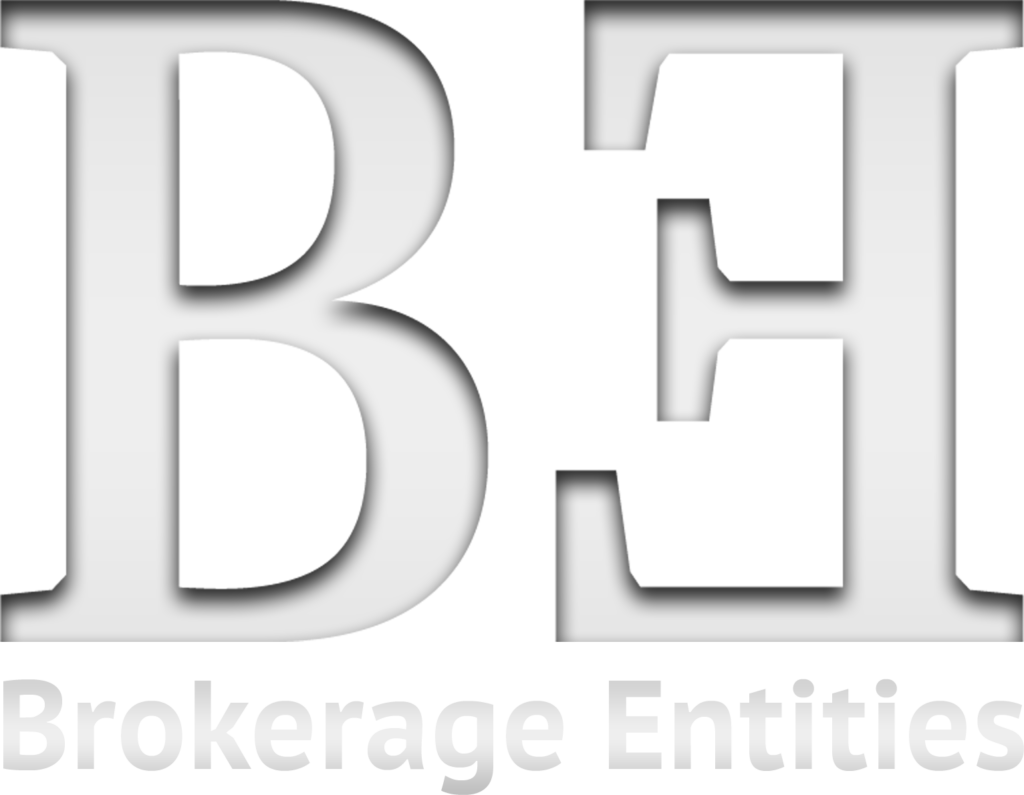The Federal Court has found companies in the Mayfair 101 Group made statements that were false, misleading or deceptive in advertisements for its debenture products, following proceedings brought by ASIC in April 2020.
The Court found Mayfair Wealth Partners Pty Ltd and Online Investments Pty Ltd trading as Mayfair 101, M101 Nominees Pty Ltd and M101 Holdings Pty Ltd, engaged in misleading or deceptive conduct, and made false or misleading representations, by representing that:
Mayfair’s debenture products were comparable to, and of similar risk profile to, bank term deposits, when Mayfair’s debenture products exposed investors to significantly higher risk than bank term deposits (Bank Term Deposit Representation);
the principal investment would be repaid in full on maturity, when investors might not receive capital repayments on maturity, or at all, as Mayfair could elect to extend the time for repayment for an indefinite period of time; and
Mayfair’s debenture products were specifically designed for investors seeking certainty and confidence in their investments and therefore carried no risk of default, when there was a risk that investors could lose some, or all, of their principal investment.
The Court also found Mayfair 101 and M101 Nominees engaged in misleading or deceptive conduct and made false or misleading representations by representing that the M Core Fixed Income Notes were fully secured financial products, when funds invested were:
lent to a related party and not secured by first-ranking, unencumbered asset security or on a dollar-for-dollar basis or at all;
used to pay deposits on properties prior to any security interest being registered; and
used to purchase assets that were not secured by first-ranking, unencumbered asset security.
In his judgment, Justice Anderson found that the Bank Term Deposit Representation ‘was misleading or deceptive and created a false and misleading impression that the Mayfair Products were comparable to, and of similar risk profile to, bank term deposits… In light of the evidence relied on by ASIC, the Mayfair Products are not comparable to, or a proper alternative to, bank term deposits.’
Justice Anderson noted, in relation to the use of sponsored link internet advertising, that ‘it is tolerably clear that the Defendants’ marketing strategy was addressed to persons searching for a term deposit in order to divert them to the Defendants’ websites.’
Justice Anderson also stated ‘I am satisfied that the Mayfair Products have been, in fact, designed by the Defendants to produce a result which is uncertain for investors and could not on any reasonable view be described as an investment with no risk of default.’
Justice Anderson found that ‘Mr Mawhinney was the directing mind and will, and the ultimate beneficiary, of each of the Defendants’.
ASIC Deputy Chair Karen Chester said ‘ASIC’s success in Court today demonstrates firms need to do the right thing by their investors, even when they are wholesale investors. They need to make sure they accurately describe their products when advertising. The Court has shown that Mayfair 101 engaged in misleading and deceptive conduct by claiming its products were comparable to bank term deposits, when they were not.
‘Our ‘True to Label’ project that we commenced in late 2019 identified 30 funds with over $10 billion across these funds, that are misleading investors through online advertising, especially when investors are seeking yield in a low interest rate economy. The online advertising is misleading by claiming to offer products that involve less risk, when in reality, investors could lose some or all of their investments. Advertisements also claimed investors could get their invested money out when they wanted but that was not the case. This case is a warning that ASIC will not only take action where investments are marketed as safer, lower risk, or more liquid when they are not, but when search engines are used in a misleading or deceptive way to entice investors to products they are not searching for.’
ASIC is seeking pecuniary penalties, injunctions and corrective advertising. A penalty hearing is yet to be listed by the Court.

